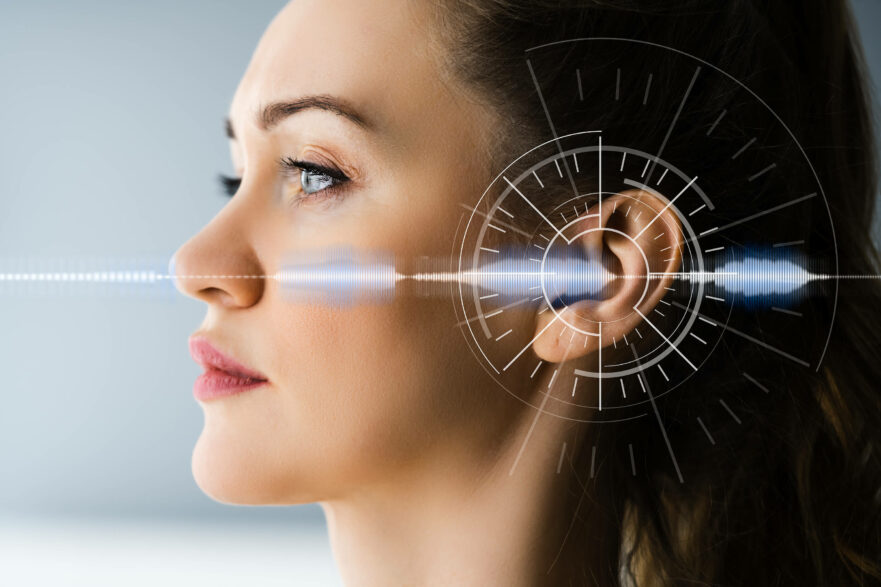We will explore the psychology behind hearing health. Let’s unpack the connection between our psychological well-being and the world of hearing health. From understanding how our minds play a pivotal role in the way we approach hearing and auditory improvement.
Sounds and Mental Health
Sound is not merely a physical phenomenon as it can conjure up a lot of emotions within us, too. From the gentle rustle of leaves to the laughter of loved ones, every sound creates new memories, brings us back to peaceful times, and opens our horizons to new experiences. The psychology behind hearing health allows us to understand how our mins interpret these emotions and information.
How Sounds Shape Our Feelings
Consider the calming effect of ocean waves or the uplifting melody of a favorite song. These auditory experiences are not only heard but allow us to feel new emotions. Our minds attach emotions to sounds, creating memories and feelings associated with these sounds. The psychology of hearing health recognizes that the way we perceive and react to sounds contributes significantly to our overall mental well-being.
Stress Reduction and Hearing Health
Stress and anxiety are prevalent in our lives, especially since the age of Covid. However, the right sounds can be a great way to soothe the soul and help us relax and unwind. Gentle rain, chirping birds, or waves crashing have the power to reduce stress and help us navigate difficult situations and periods of life. Understanding this connection allows us to intentionally surround ourselves with peaceful sounds to create a positive mental space.
How Hearing Stimulates the Brain
Beyond emotions, hearing health can also impact our cognitive realm. Hearing is a cognitive process, requiring the brain to interpret and make sense of the sounds it receives. Just as physical exercise strengthens the body, engaging in active listening exercises stimulates cognitive functions. When the brain is immersed in conversation, sounds, and rhythm, it is stimulated and kept operating in a healthy way.
The Impact of Hearing on Relationships
Our ability to connect with others relies heavily on our hearing health. The psychology of social interactions acknowledges that effective communication is a big part of building strong relationships. When hearing becomes challenging, individuals may experience social withdrawal or feelings of isolation. Recognizing this, we can work towards solutions to help combat these feelings.
Supporting Mental Health Through Sound
Being mindful of the sounds that surround us is a great way to actively support our mental health. Taking a moment to appreciate the sounds of nature, engaging in music therapy, or simply savoring the laughter of friends can be seen as acts of self-care that contribute to our mental well-being.
In Conclusion
As we embrace auditory experiences, we unlock the potential for enhanced mental health and psychological understanding. Don’t underestimate how mental health interacts with our hearing health. This delicate balance can play a huge role in how you enjoy sound, especially if you are someone who is hard of hearing.

